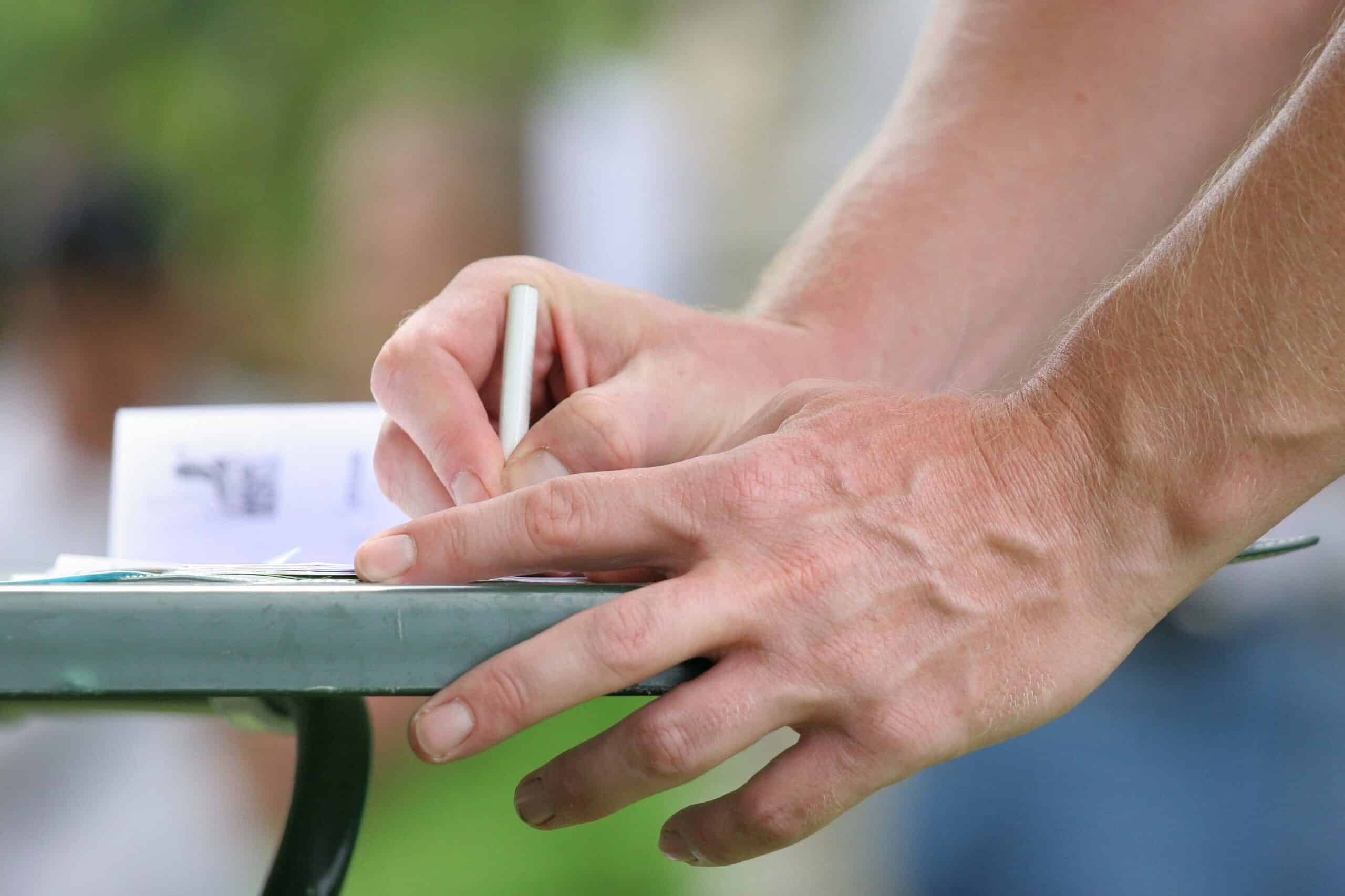
Is countback the best way to sort out a tie?
A fair way to determine a winner or a method that is littered with flaws? Tom Irwin and Steve Carroll debate
Is there anyone out there who hasn’t had their competition fortunes decided by countback?
Whether it is deciding who wins, or a way of divvying out the prizes, it’s a club’s default way of dealing with tied players.
You may not have ever looked at them, but your committee will almost certainly have their rules countback written down in their terms of competition.
Here are ours if we can’t separate the prize winners in an NCG Top 100s event…
Ties
- In the case of a tie the result will be decided on countback.
- For a one round event this will be resolved by taking into account the last nine holes on the scorecard.
- If there is still a tie the result will then be decided on the last 6, 3, 1 hole(s).
- In all cases of tied results, the decision will be made based on the order of the holes as set out on the scorecard, regardless of where the individual competitors started.
Did you know you can even look at the front nine if you can’t separate players on the back, and you can also toss a coin if all else fails?
I’ve written in detail about what the Rules of Golf suggest.
In a recent From the Clubhouse podcast episode, Tom Irwin and I talked about countback after we received a query asking whether it was the best way to sort out ties.
Should golf countback be decided by the better gross score?

Tom said: “This person’s view was that countback was pretty arbitrary and a fairer way of doing things to decide a tied competition would be to award the competition to the person with the better gross score – who, in this person’s eyes, had played the better golf on the day.”
The problem with routinely handing the spoils to the better gross score is it would almost always be the lower handicap that wins.
You might argue it is the better golf that has prevailed but, if you’re holding a handicap event, why would you then toss that premise aside to come up with a winner?
And while it might be disheartening for those who miss out on a prize, my first thought when people are questioning countback is: ‘how else are you going to sort it out?’
Take away the question of what to do with the lesser spoils – they should just always be settled by countback. if you’ve got a number of competitors on the same winning score, are they all going to out and play extra holes in a Saturday Stableford competition? When they may have played at completely different times of the day? Of course not.
But if you’re going to use countback properly, I reckon you need to share out your prizes using divisions. Otherwise, the nature of how they are awarded can get a bit skewed.
Without getting into yet another handicap debate, it is obviously more likely a person with more shots has better scope to shoot a lower countback score.
With countback within divisions, there is a more fair and equitable spread of prizes.
It’s also for committees to decide when they employ countback. At my club, York, for example, trophy competitions aren’t decided by countback but by 18 holes. There is a playoff – played on a different date – if there is a tie.
Let’s leave the last word from the podcast to Tom, who reckons some golfers are just stressing about nothing.
“I can never get my head around how much people care about this stuff,” he said. “We all like winning competitions, don’t get me wrong. But it’s just supposed to be a bit of fun, isn’t it?”
Now listen to the From the Clubhouse podcast
Tom and Steve debate countback in detail, along with assessing the importance of PGA pros, and look at new research which reckons it can speed up the game.
To listen to the episode, click here.
What do you think about countback in golf? Is there any other way of sorting out a load of ties in club competition? Why not let us know by leaving a comment on X.
Steve Carroll

A journalist for 25 years, Steve has been immersed in club golf for almost as long. A former club captain, he has passed the Level 3 Rules of Golf exam with distinction having attended the R&A's prestigious Tournament Administrators and Referees Seminar.
Steve has officiated at a host of high-profile tournaments, including Open Regional Qualifying, PGA Fourball Championship, English Men's Senior Amateur, and the North of England Amateur Championship. In 2023, he made his international debut as part of the team that refereed England vs Switzerland U16 girls.
A part of NCG's Top 100s panel, Steve has a particular love of links golf and is frantically trying to restore his single-figure handicap. He currently floats at around 11.
Steve plays at Close House, in Newcastle, and York GC, where he is a member of the club's matches and competitions committee and referees the annual 36-hole scratch York Rose Bowl.
Having studied history at Newcastle University, he became a journalist having passed his NTCJ exams at Darlington College of Technology.
What's in Steve's bag: TaylorMade Stealth 2 driver, 3-wood, and hybrids; TaylorMade Stealth 2 irons; TaylorMade Hi-Toe, Ping ChipR, Sik Putter.










